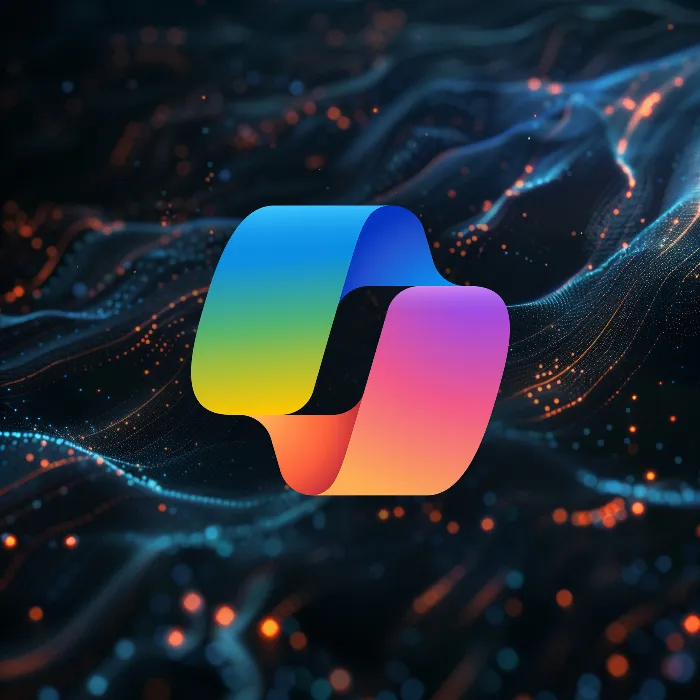In this guide, we will discuss the possible consequences that could occur if we achieve artificial general intelligence (AGI). AGI represents a significant turning point in the development of artificial intelligence. It assumes that machines are capable of not only emulating but actually surpassing human-like abilities. This raises questions about the social, economic, and ethical changes that await us once this point is reached. Let's explore this exciting discussion together and understand what AGI means for the future.
Key Insights
- Achieving AGI could lead to a drastic change in the labor market.
- While some jobs may be displaced, new opportunities and a potential basic income may also emerge.
- The concentration of power in a few hands could pose risks, which is why achieving AGI across different companies is desirable.
Step-by-Step Guide
In the following sections, we will shed light on the concepts surrounding AGI and help you develop a better understanding of the topic.
Let's start with the definition of AGI. AGI is often seen as the point at which artificial intelligence is capable of handling all tasks that a human can do at least as well. This has profound implications for society and the way we work.
When we think about how AGI could change the world, we're talking about an AI that can not only perform tasks more effectively but also has the ability to creatively evolve on its own. It's an exciting time we're living in as technology advances at a rapid pace.
A key issue we need to honestly address is when AGI will actually be achievable. There are varying opinions on this matter. Some believe that we may be moving towards this point in the near future, while others are skeptical and doubt that AGI will ever become a reality.
So the question remains: What happens when AGI finally becomes a reality? This is a broad topic with many unknowns. However, there is a clear trend that power may be concentrated in the hands of a few, which has often led to abuse in the past.
The idea that AGI is achieved simultaneously by many companies could bring a positive turn to the discussion. A broad base of developers and companies might have the opportunity to make the development of AGI more democratic. This could reduce the risk of a few actors gaining too much power.
As we further explore the possible scenarios, we must also delve into the societal changes that could occur. The notion that machines could replace workers in many sectors is unsettling for many people.
On the other hand, AGI could also open up new economic opportunities and take on many routine tasks, allowing people to focus on more creative and fulfilling activities. These changes could lead to a social shift beyond our current understanding of work.
An interesting concept raised by leading thinkers such as Elon Musk is that of universal basic income. AGI could automate so many jobs that it becomes necessary to think of alternative economic systems to ensure that all people continue to receive an income.
History shows that human work life was not always as intense and stressful as it is today. In the past, people often lived in communities where hunting and gathering were the main focus. After fulfilling basic needs, it was common to spend time with less work and enjoy life.
Perhaps it's time to reconsider this mindset and move towards a concept of life that promotes more quality and less stress. Such a change could address the deeper aspects of AGI by rediscovering the value of leisure and social interaction.
Finally, it's important to remain optimistic and consider that the future could be much more positive than many fear. AGI could offer us opportunities that surpass our imaginations. Keep your opinions and thoughts ready, as I'm curious to hear what you think about this.
Summary
Throughout this guide, we have explored the fundamental concepts of AGI and discussed potential societal impacts and changes. The introduction of AGI could revolutionize not only the labor market but also fundamental social structures and concepts of work and leisure. It is crucial to approach the challenges and opportunities that AGI brings strategically and foresightfully.
Frequently Asked Questions
What is AGI?AGI stands for artificial general intelligence, which is capable of performing tasks that are otherwise done by humans.
When could AGI be achieved?There are different opinions on when AGI could be achievable; some are optimistic while others are skeptical.
How could the economy change due to AGI?AGI could automate many jobs, but also create new opportunities and perhaps even a universal basic income.
What are the risks of centralized AGI systems?Centralized systems can lead to abuse of power, therefore decentralized development would be desirable.
How can we respond to the challenges of AGI?We should remain optimistic and open to new lifestyles that can improve quality of life.


